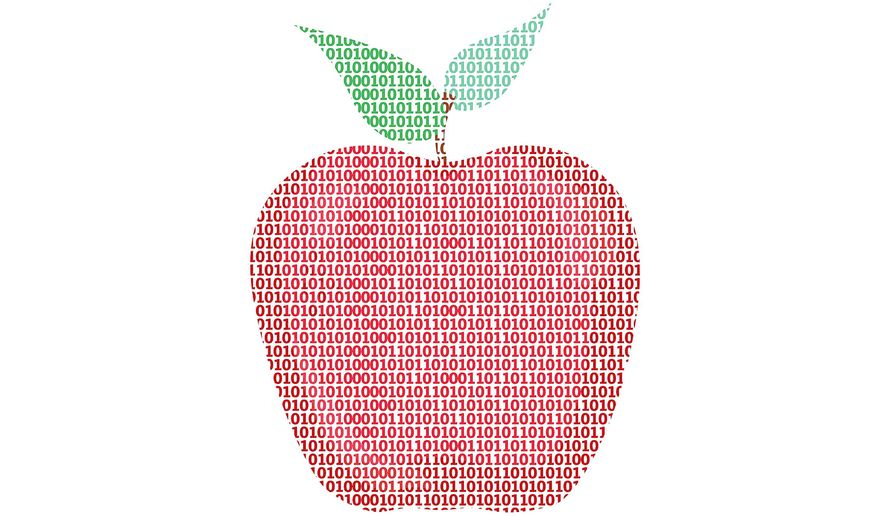OPINION:
The House Committee on Education and the Workforce recently held a hearing on education research and student privacy. It covered how educational data is collected, what states and researchers do with the information, and the precautions that are taken to protect student information.
At the hearing, members of Congress had the opportunity to hear from a parent, a researcher, a policy analyst and a state official about their perspectives on data. However, they did not talk to a teacher. If they did, they would have learned about the ways data is important to us — how it has informed and strengthened the way we approach our students, and how it improves student success.
I’ve been in the classroom for 28 years, but since introducing tablets to my students five years ago, my teaching has changed dramatically. Most importantly, the technology (and the data I can gather as a result) has turned me into a mind reader. I now have insights into my students’ progress that were never feasible before.
In the subject I teach, physics, you start with a few foundational concepts and then build upon those. If a student doesn’t firmly understand the basics, however, it is very hard for him or her to move forward. For example, one of my students was struggling to understand acceleration, particularly acceleration around a curve. By looking at his data, it was clear that he did not understand the difference between a vector (which has both magnitude and direction) and a scalar (which has only magnitude). This is a basic physics concept, but one which, if not mastered, would make understanding physics nearly impossible. The data allowed me to diagnose the problem, address it and correct it. As a result, the student began to thrive in class, and actually enjoys physics now.
Data also allows me to be a better detective. In addition to teaching physics, I tutor math. One student posed a perplexing challenge for me as a tutor: Her struggles were inconsistent, and she would frequently solve problems correctly. I could not discern the pattern for what types of problems she could solve and which she could not. Luckily, I also had her using IXL, a computerized math program. Using data, I realized that she couldn’t add or subtract positive and negative numbers. With some additional support, everything fell into place. If I did not have that data, and did not know that she was struggling with this particular concept, she may have struggled with math for the rest of her life.
Data also saves teachers time. It’s no secret that most teachers work incredibly hard. We care about our students and want them to succeed, but we also only have so many hours in the day. With the advent of new data systems — including those that help us grade — we can focus our time on adjusting our curriculum, pulling students aside for one-on-one help as needed, and coming up with new, innovative ways to teach. In the past, my evenings and weekends were buried in grading tests and homework. Now I spend my time looking at the data to identify trends or problem areas (and may even have time to spend with my family).
The benefits of data use aren’t just limited to teachers, however. Data also allows students to take an active role in tracking their own progress. I tell my students all the time, “This is not my data, these are not my numbers.” My students understand that they are responsible for their progress. My role is to be a GPS, providing guidance to get them where they want to go — but they are the drivers. When they see they’ve missed a lesson, they can ask to make it up. If they didn’t do well on a check-in quiz, we can go back together and figure out why. Ultimately, this leads students to better know their own strengths and weaknesses, and to ask for help when they need it.
Just as a doctor can give a patient a PET scan that reveals cancer before symptoms arise, data in the hands of teachers and students can reveal important strengths and weaknesses. As members of Congress — and other policymakers — talk about data and even debate what should or shouldn’t be collected or used, they must not forget the doors that data has opened and the amazing ways that is helping teachers like me do more for our students.
• Nancy Foote is a middle school physics teacher in Arizona. She is a recipient of the Presidential Award for Excellence in Mathematics and Science Teaching, as well as an Arizona master teacher.




Please read our comment policy before commenting.